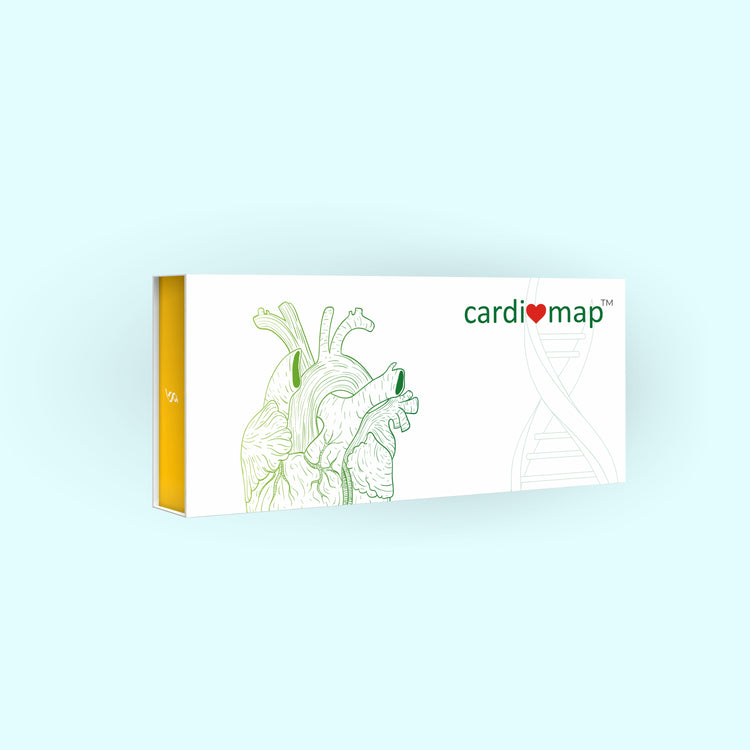KCNH2
The KCNH2 gene, crucial for heart function, regulates the electrical activity of cardiac cells, impacting heart rhythm and health.
The KCNH2 Gene‘s Role in the Heart‘s Orchestra
The KCNH2 gene provides instructions for creating a protein called the hERG potassium channel. This channel acts as a gateway in the heart‘s muscle cells, allowing potassium ions to flow out and thus helping to reset the electrical charge after each heartbeat. This reset is essential for maintaining a regular heart rhythm.
When the Conductor Loses the Beat: KCNH2-Related Disorders
Variations or mutations in the KCNH2 gene can disrupt the normal function of the hERG potassium channel, leading to various heart rhythm disorders:
- Long QT Syndrome (LQTS): This condition prolongs the time it takes for the heart to recharge between beats, increasing the risk of abnormal heart rhythms (arrhythmias). LQTS can lead to fainting spells, seizures, and even sudden cardiac death.
- Short QT Syndrome (SQTS): A rarer condition where the heart recharges too quickly, also increasing the risk of dangerous arrhythmias.
- Other Heart Rhythm Disorders: KCNH2 variants have been associated with other arrhythmias, including atrial fibrillation and ventricular fibrillation.
Did You Know?
- The KCNH2 gene was first discovered in the late 1990s.
- Mutations in the KCNH2 gene are one of the most common causes of inherited long QT syndrome.
- Certain medications can trigger abnormal heart rhythms in individuals with KCNH2 gene variants.
- Genetic testing can help identify individuals and families at risk for KCNH2-related disorders.
- Early diagnosis and treatment can significantly improve outcomes for those with these conditions.
Protecting Your Heart Rhythm: What You Can Do
If you have a family history of heart rhythm problems, unexplained fainting spells, or a personal history of arrhythmias, talk to your doctor. They may recommend:
- Genetic Testing: To identify any KCNH2 gene variants you may carry.
- Electrocardiogram (ECG): To assess your heart‘s electrical activity and detect any abnormalities.
- Medications: To manage specific heart rhythm disorders.
- Lifestyle Changes: Avoiding certain medications and activities that could trigger arrhythmias.
- Implantable Cardioverter Defibrillator (ICD): In some cases, an ICD may be recommended to prevent sudden cardiac death.
Remember, knowledge is power. By understanding the role of the KCNH2 gene and taking proactive steps to protect your heart health, you can maintain the harmonious rhythm of your heart for years to come.
Associated Diseases
Long QT Syndrome, Short QT syndrome
Did you know
The KCNH2 gene, also known as hERG, is essential for heart function. It encodes a protein responsible for potassium ion channels in cardiac cells, crucial for regulating the heart‘s electrical activity. Mutations in the KCNH2 gene can disrupt these channels, leading to arrhythmias like Long QT syndrome—a heart rhythm disorder that can cause fainting or sudden death. Understanding the KCNH2 gene is critical for diagnosing and managing Long QT syndrome and other heart rhythm abnormalities, potentially leading to improved treatments and outcomes for affected individuals.



